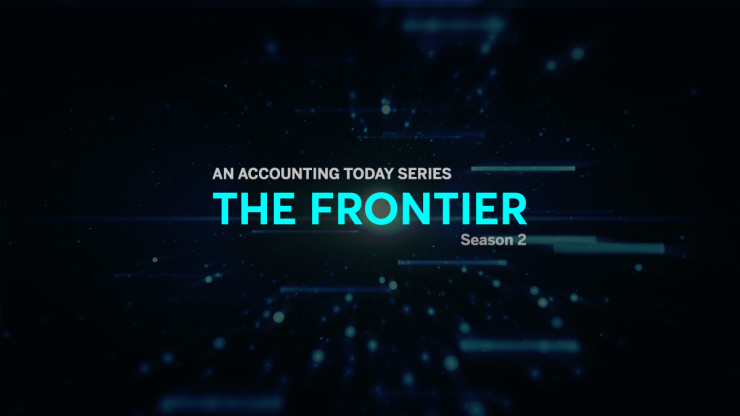Accounting has always been a complex job, and it has only grown more complex with time. The first CPAs in the late 19th century didn't have to know about things like accounting standards, reporting requirements, or even income tax because they didn't exist yet. Of course, things are much different for accountants in the year 2022. Today's professional must navigate a host of rules and regulations, possess detailed knowledge of specific industries and, on top of all that, have the necessary soft skills to court and keep clients.
And that's not even getting into technology.
The fact of the matter is, the sheer amount of knowledge required to be a competent accounting professional has increased dramatically, and it will continue doing so as the profession becomes increasingly intertwined with technology.
Wesley Hartman, director of technology at accounting firm Kirsch Kohn & Bridge, as well as the founder of automation solutions provider Automata, said that one challenge is the sheer number of different software packages professionals need to know how to use. He noted a recent conversation with a colleague, who said they couldn't log in to a portal. There was a lot of back and forth between them until Hartman realized they were using an old method, even though he had previously announced a new one.
"I don't fault that person, because there are so many things happening now with technology and different software that we have to use. We just signed up with another lease accounting software to manage just that one piece of our business. So accountants in the industry have to learn all this stuff, versus going back 30 years, [when] a lot of it [was] knowing tax law and maybe one piece of software to input information," he said.
Shawn Slavin, president of the Information Technology Alliance, made a similar point, adding that the widening of the required knowledge base for accountants means it takes longer to educate and train them, and also that it becomes more difficult to be one in the first place. He noted that, when he first graduated college, he came out with 132 hours of classes, 32 of which were in accounting, and that was enough to get started.
"Today, the AICPA requires a master's degree with 150 hours of college, but that is just barely scratching the surface. … Most of my peers out of college had little technical training, but I couldn't imagine being an accountant today without strong tech skills. You need strong technology skills in this industry, [as well as] strong people skills, whether in public or private. The learning curve of being able to get into a mid-level or high-level road in accounting is just so big. It's just higher hurdles today than when I came out. It's a little daunting," he said.
Sean Stein Smith, a CPA and Lehman College professor who founded the Institute for Blockchain and Cryptoasset Research, said this shift has happened because increased capacities through technology have also increased client expectations. With real-time analytics and other tech-driven strategic services now ascendant, the image of the accountant has changed to one more integrated with information technology, who is well positioned to be the trusted advisor that accountants aspire towards. He pointed out that doing this requires knowledge of not only the technology, not only the accounting, but of the way the two intersect via business processes.
"As you have more applications, more automations, more options for payments, your internal controls, your cybersecurity policies, your cyber insurance, your risk management has to be updated and evolve to [reflect] how your business processes have changed and how those changes impact the internal control structure at your firm," he said.
And while, yes, more technology requires more competence in using that technology, Smith didn't see that as a negative, because these developments have created many new opportunities for people who wouldn't ordinarily have entered the profession.
"It has opened up a lot more opportunities for a lot more people, and a more diverse set of people in the pipeline. As we have more and more automation and more and more technology in our jobs and roles, all that has also given the individual a more positive outlook. Every conference was always about how to be a trusted business advisor. Now we have automation and tools and technology to actually become that trusted business advisor and to move outside of just doing compliance or tax or audit … . There's always agita and heartburn, but overall this has had a positive impact on the field and on the individuals in it," he said.






